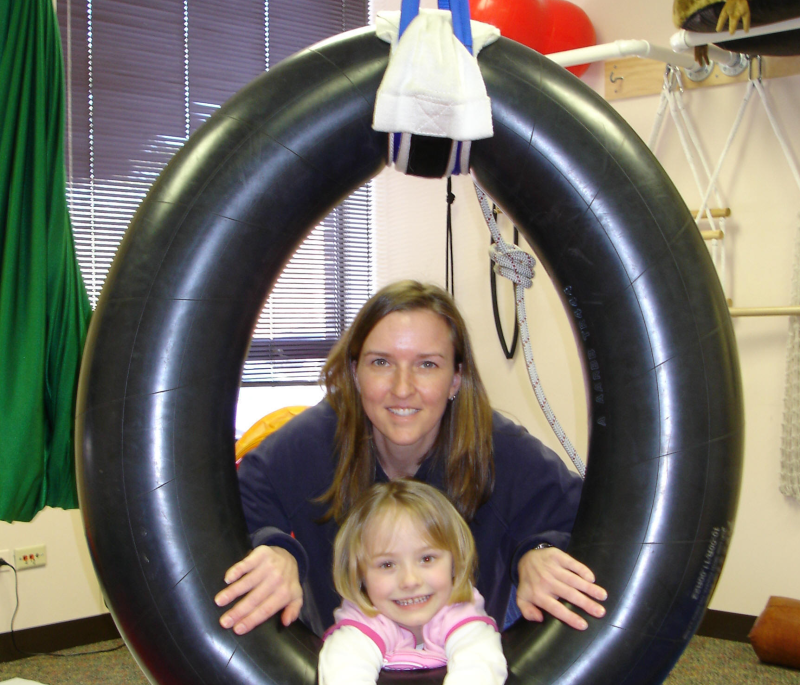
Adam Wilson, with his wife Dannielle and daughter Lainie, 14 months, moved from Pt Pirie to Kadina due to concerns about Pirie’s lead levels. Picture: James Elsby Source: AdelaideNow
a FOUR-year program to reduce blood lead levels in Port Pirie's children has failed to reach its goal.
The program has been rebranded anyway, even though its target level is still dangerously high.
The Tenby10 program ended last year but will continue as ten for Them, without any accountable timeframe.
It aims to reduce blood lead levels in 95 per cent of the town’s children, aged nought to four, to below 10 micrograms per decilitre (m/dl).
Smelter operator Nyrstar, the Environment Protection Authority, SA Health and Port Pirie Council will meet tomorrow to debate the program’s future direction.
Latest figures show that in four years, the program managed to reduce children’s blood lead levels by just over 23 per cent, relying on community education and raising awareness.
SA Health results in December showed 72.1 per cent of the town’s children had blood lead levels below the targeted level, a 1 per cent improvement on 2009. Final figures for 2010 are expected in coming days.
A Nyrstar spokeswoman described the project as a success: "Certainly while that 95 per cent hasn’t been reached, it is a tremendous result."
Nyrstar has invested $56 million upgrading the smelter and expanding the town’s lead-in-air monitoring network.
While the Tenby10 website and material maintain the 10m/dl figure is endorsed as a "World Health Organisation (WHO) standard", a 2010 WHO report actually highlights dangers of blood lead levels under that figure.
The 2010 Childhood Lead Poisoning report said an increase from under 1m/dl to 10m/dl was associated with a six-point decrease in children’s IQs.
Lead poisoning often occurs with no obvious symptoms but the report lists nine known illnesses resulting from lead levels previously considered safe, including attention deficit disorder, dyslexia, hypertension and toxicity in reproductive organs.
"they are irreversible and untreatable by modern medicine," the report said.
Despite their daughter having lead levels below the Tenby10 target, Adam and Dannielle Wilson decided to relocate from Pirie to Kadina with 14-month-old Lainie in January after mr Wilson was offered a new job.
"We left because we wanted to have some of the things that you can’t have in Port Pirie (because of lead emissions)," mr Wilson said.
"We wanted to be able to grow our own veggie patch and play in a sandpit. We worked hard to keep her level down and it still went up to three (m/dl). "We were devastated."
Mr Wilson and his wife are not prepared to risk their daughter’s health. "WHO says five (m/dl) and in Germany it’s around three (m/dl)," he said.
"We would be on the cusp if we lived in Germany, so why should it be any different because we live in Port Pirie?
"There are still a lot of people who ignore the recommendations."